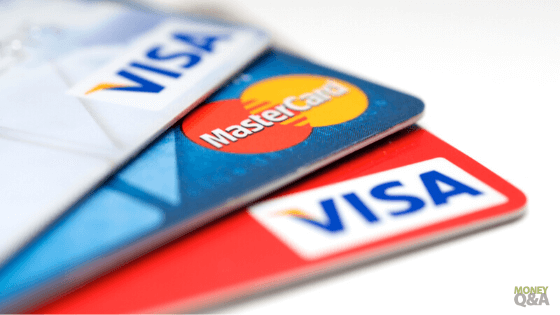
Today, most people make impulse buys that are emotional rather than rational. Understanding what motivates impulse buying will help you control how you spend your money. Impulse buying is usually driven by emotions rather than rational decision-making. This article details what impulse buying is and how you can overcome it.
What Is Impulse Buying?
Impulse buying refers to any purchase you make without planning. It may also lead you to spend beyond what you can afford. Impulse buying is mostly emotional and usually results from some kind of distress. Self-esteem issues, sadness, anxiety, or boredom could all contribute to impulse buying.
Strategies to Overcome Impulse Buying
Making financial decisions with your emotions can negatively impact your mental health and lead you to financial self-sabotage and unmanageable debt. However, here are a few strategies you’ll need to employ to overcome these impulse buying:
1. Create a Budget and Stick to it
The first thing you need is a budget. If you don’t have one, start right now. However, that’s not enough, you’ll have to follow it through! Having a budget doesn’t fix all of your financial problems magically. You’ll need to allocate your money each month to where it should go and then follow through with a plan. Ensure your money isn’t spent if it’s not budgeted for.
The lack of a budget can have a long-lasting impact on your finances. However, if you own cryptocurrency, you might consider converting SOL to USD and open an avenue of income that gives you the room to spend out of your budget.
2. Delay Purchases
Before making any purchase, give yourself at least 24 hours to figure out what you want to buy. Physically move away from your laptop or phone and leave the items in your cart. Have a mental checklist you can go through and ask yourself if what you want to purchase is actually something you require, or if purchasing it will lead you to more harm than good.
3. Shop With a Plan in Mind
Thinking about what items you need to purchase and how much you will spend on each before you start shopping is one way to overcome impulse buying. When you have a clear plan, you’ll be less likely to be tempted to overspend.
Your shopping list items can vary from grocery to Christmas gifts you plan to buy for your extended family. Whatever it is, just be clear about what you want to purchase before you start shopping.
4. Create a Prevention Plan
When it comes to impulse buying, identify the places, people, and things that trigger you to spend. Maybe it’s somebody you’re trying to impress, the retail apps on your phone, being at the mall, or following influencers on social media platforms.
When you experience those kinds of triggers, have a support strategy in place that suits you. For instance, you can contact an accountability partner, your spouse, your therapist, or you can even go for a walk.
5. Only Carry the Amount of Cash You Require
To overcome impulse buying, figure out the amount of cash you’ll require for the items you want to purchase. You can deliberately leave your debit card at home so you don’t give in to purchasing things you didn’t plan for.
Impulse control is a technique that requires practice and discipline. By understanding the psychology of impulse spending and applying actionable strategies can help you attain financial well-being. Before you make any purchase, pause and ask yourself if the item aligns with your priorities, or if it’s just a temporary urge.s
